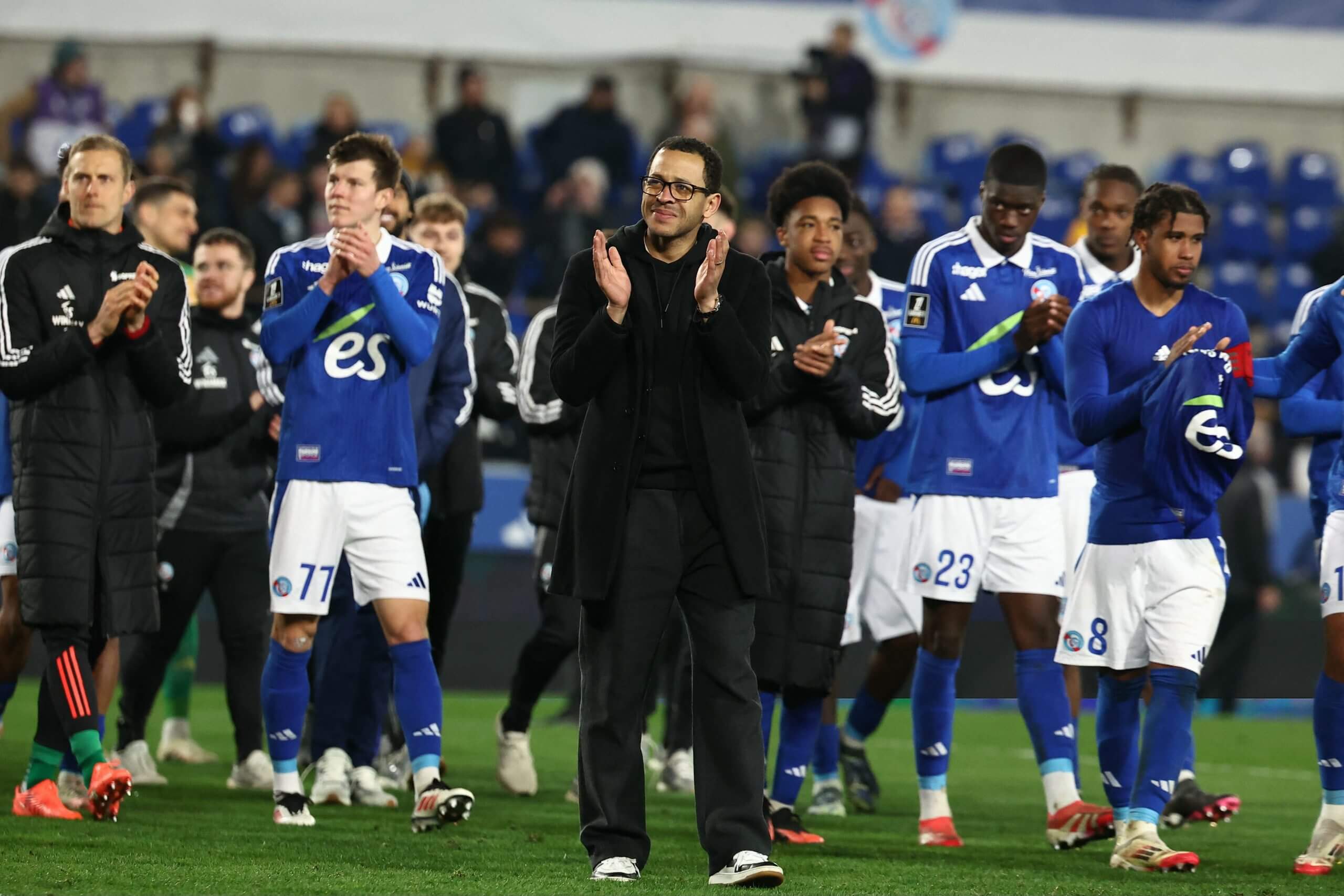
Chelsea’s bid to qualify for European competition again next season was proving complicated enough before the rising fortunes of sister club RC Strasbourg were added to the equation.
BlueCo, the company the Todd Boehly-Clearlake Capital consortium created when buying Chelsea in 2022, paid €76.3million for a 99.97 per cent stake in Strasbourg in 2023 — making the French side the first (and so far only) addition to BlueCo’s multi-club model.
Advertisement
Strasbourg were open to outside investment in order to climb the Ligue 1 table and qualify for Europe more regularly themselves, having only ever played at continental level 10 times. The most recent of those was in 2019, when they were knocked out in a play-off to decide who advanced to the Europa League’s group stage. Before that it was 2005-06, when they got to the round of 16 in the same competition, then known as the UEFA Cup.
It was always going to take time for BlueCo’s investment to bear fruit. Last season, Strasbourg finished 13th in Ligue 1, three places above the relegation zone, but now they are the talk of French football.
With the youngest average age in France’s top division, at just over 21 according to Transfermarkt, they are playing exciting football and have lost just one of their past 14 league games, picking up 33 points from a possible 42.
Led by former Hull City manager Liam Rosenior, they have climbed to sixth place as a result, and went into this weekend’s schedule (Nice played Nantes last night to begin the round) just four points behind Monaco in second.

Liam Rosenior with his team after beating Toulouse last month (Frederick Florin/AFP via Getty Images)
The top three clubs in Ligue 1 automatically qualify for the Champions League’s new 36-team league phase, with whoever finishes fourth entering the competition’s third preliminary round, two home-and-away ties away from the big stage. Fifth would get them into the Europa League’s league phase and sixth into the final round of Conference League qualifiers.
However, should champions-elect Paris Saint-Germain win next month’s French Cup final against Reims (currently 15th in Ligue 1) as well, the sixth-placed side would also go into the Europa League (the French Cup holders get a spot in that competition, and PSG wouldn’t need it as they’ll be in the Champions League). So seventh might well be enough to get Strasbourg into the Conference League (they are currently six points clear of Brest in eighth).
Advertisement
Which is why Chelsea have cause for concern.
UEFA rules stipulate that “no individual or legal entity may have ‘control or decisive influence’ over more than one club” competing in the same European competition.
That means if BlueCo leave things as is, and Chelsea and Strasbourg both qualify for the Champions League, only one of them will be allowed to compete in it. The other would have to drop into the Europa League.
If the two sides qualify for the Europa League, then would need to go down to the Conference League instead.
Should they both get into the Conference League, one or the other will miss out on European football completely.
So how does UEFA choose which club gets into the ‘better’ competition? It’s determined by who finishes higher in their respective domestic league. So, if Strasbourg finish third and Chelsea fourth, Strasbourg go into the Champions League and Chelsea the Europa League.
In the event they end up in the same league position, for example fourth, the club whose national association is ranked highest (the country with the best UEFA coefficient) takes priority. In this case, the gap is so large between England and France, Chelsea would benefit.
Should Chelsea qualify for next season’s Europa League by winning the Conference League in May and Strasbourg also occupy one of the Europa League spots in France, it would still be decided on the best domestic league position.
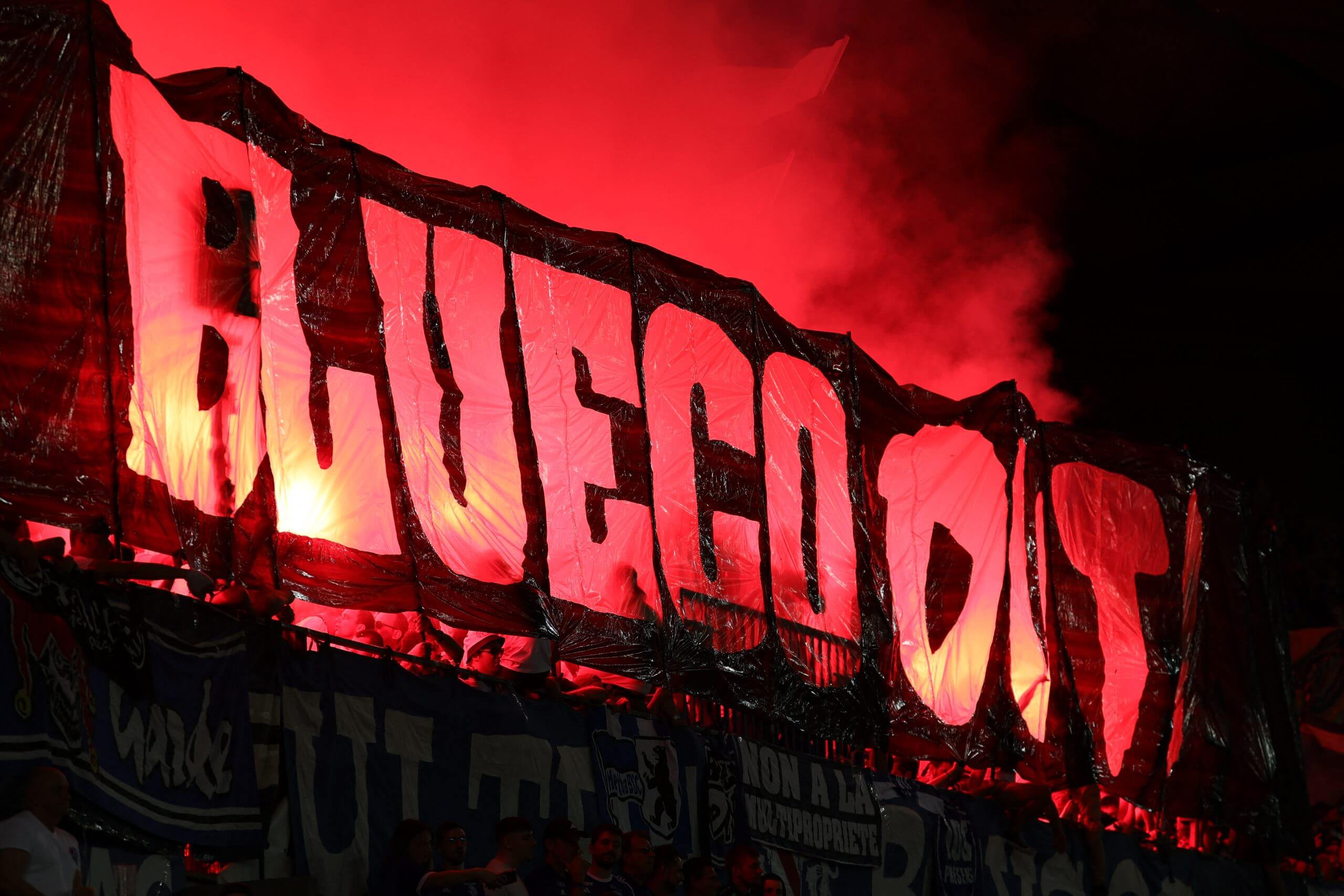
Strasbourg supporters protesting against Blueco last year out (Abdesslam Mirdass/Hans Lucas/AFP/Getty Images)
This could all have consequences for Chelsea’s nearest challengers for the European places in the Premier League because UEFA rules say that “a club that is not admitted to the competition is replaced by the next-best-placed club in the top domestic championship of the same association, provided the new club fulfils the admission criteria”.
Fortunately, there is a way for BlueCo to protect the European places of both their clubs.
Advertisement
A precedent was set when UEFA’s club financial control body (CFCB) allowed Manchester City and Girona (both owned by City Football Group), and Manchester United and Nice (both at least part-owned by INEOS) to play in the same European competition this season — the Champions League and Europa League respectively — despite sharing owners.
To do this, the City Football Group and INEOS agreed to put their ownership of Girona and Nice into a blind trust for the 2024-25 season to ensure they complied with the UEFA rule on multi-club ownership that no person or entity can have “decisive influence” over two clubs in the same European competition. The shares will then be transferred back to their respective groups on July 1.
BlueCo can do the same with Strasbourg, if required, for 2025-26. Sources with knowledge of the situation, anonymous to protect relationships, say contingency planning has been ongoing for some time and things are in place. One senior source says UEFA has been reached out to for guidance. While not confirming BlueCo has done so, UEFA says it is normal practice for such dialogue.
Officially, the CFCB will only get involved once it is known that Chelsea and Strasbourg have qualified for the same competition. At that point, it will formally open proceedings, talk to the owners and come up with a solution.
If Strasbourg are put into a trust, the same stipulations put in place by the CFCB for the City Football Group and INEOS would apply, including “the investor” not being represented on the board, not being able to “influence sporting-related decisions”, and the clubs not being allowed to transfer players to each other.
This clearly has consequences.
For example, the board established at Strasbourg — called BlueCo Alsace — has Chelsea co-sporting directors Paul Winstanley and Laurence Stewart on it, plus James Pade and Jeffrey Wilbur, who are also connected to the London club.
Advertisement
None of them would be able to remain part of BlueCo Alsace, although sources say the board, which also has Strasbourg president Marc Keller on it, is not the faction that is in charge of running Strasbourg anyway.
Besides Keller, who has been president since 2012, the Strasbourg setup includes technical director Pascal De Maesschalck, hired from Monaco last year. Keller’s son Mehdi is a senior figure in their recruiting team. Sam Jewell, who started his role as Chelsea’s director of global recruitment last summer, has been heavily involved at Strasbourg but would not be able to continue that aspect of his role.
On the pitch, Chelsea have used Strasbourg as a place to send young players on loan. Since BlueCo bought the French club, Angelo Gabriel (sold on to Al Nassr of Saudi Arabia in 2024), Andrey Santos, Caleb Wiley and Djordje Petrovic have all been sent there to develop.
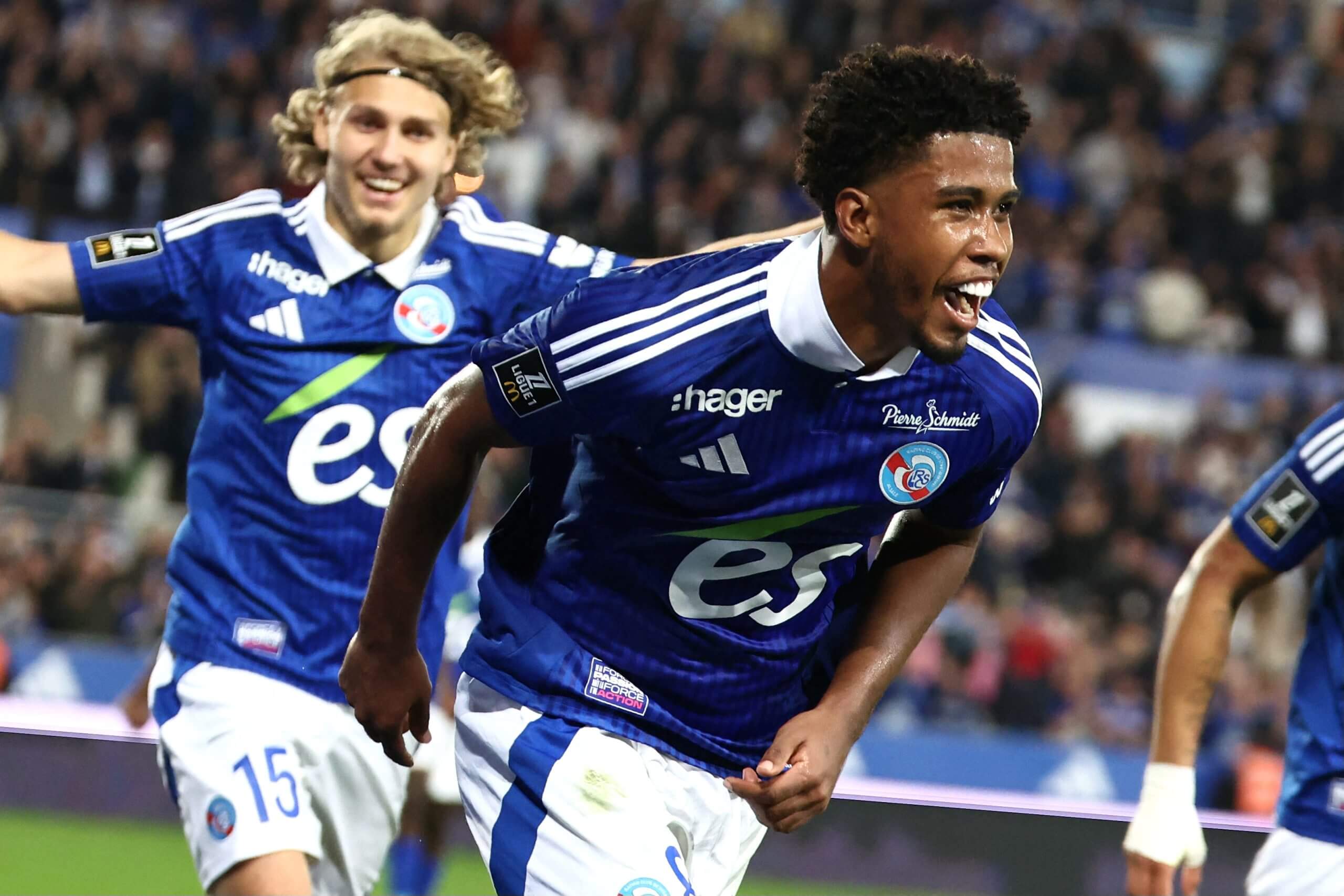
Brazilian Andrey Santos is on loan at Strasbourg from Chelsea (Frederick Florin/AFP/Getty Images)
Mathis Amougou, who joined Chelsea from France’s Saint-Etienne for a fee in the region of £12.5million in January, has been earmarked to go to Strasbourg next season. Other Chelsea players are under consideration for such a move too, including goalkeeper Mike Penders and attacking midfielder Kendry Paez. None of those will be possible if BlueCo has to place Strasbourg into a trust.
That is not the case for another deal involving the clubs, however. In January, Chelsea agreed a €14million fee for Strasbourg defender Mamadou Sarr with a view to him joining them this summer. That could still go ahead, because it is a pre-existing transfer agreement.
Chelsea not being able to loan players to Strasbourg does cut out a useful avenue for both clubs. However, with Strasbourg playing in Europe, the hope is that other top sides will be happy to send their players there, and footballers will be keen to go.
While Strasbourg do not have a massive budget to spend on players, they have their own funds in place to make transactions if temporarily cut off from BlueCo investment and would obviously be able to sell players to invest the fees received back into the squad.
Advertisement
The contract situation among the Strasbourg players is good, too. Out of the first-team regulars, only defender Ismael Doukoure has just a year left on his current deal so is in a position in urgent need of resolving this summer.
Another positive for Strasbourg is a new main stand at their Stade de la Meinau home, which will increase capacity from 26,000 to 32,000, will be open for next season. Not only will it bring in extra matchday revenue, but more commercial and marketing opportunities.
Clearly, Strasbourg progressing so quickly is a positive for BlueCo, but with Chelsea’s fortunes already becoming an issue and vice versa, it shows that a multi-club model can be more complicated than it first appears.
(Top photo: Strasbourg’s players celebrate their Ligue 1 win over Lyon; Sebastien Bozon/AFP via Getty Images)
This news was originally published on this post .






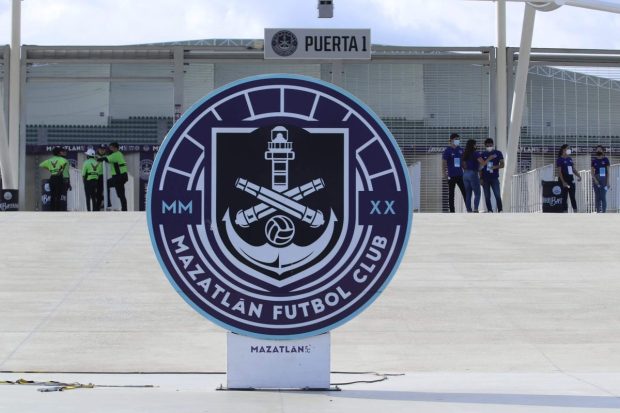

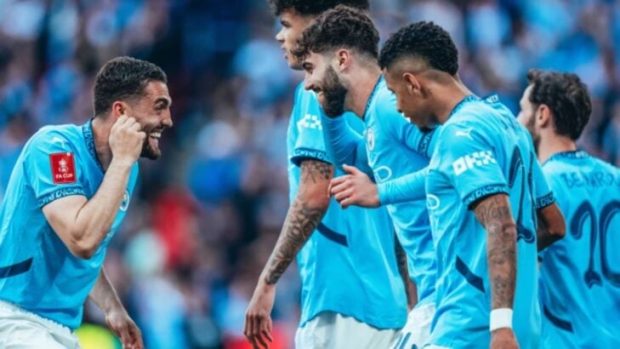
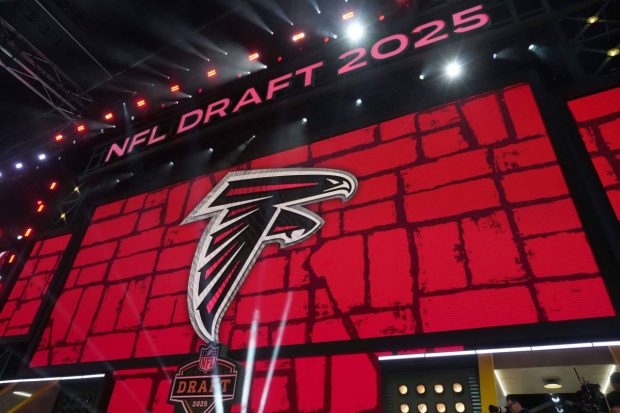
Be the first to leave a comment